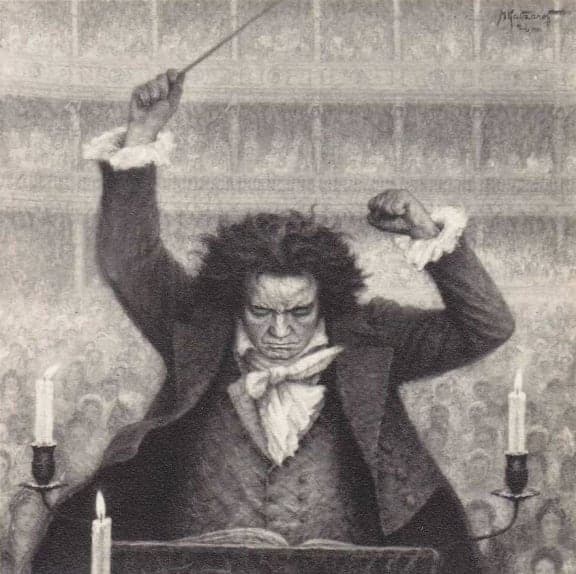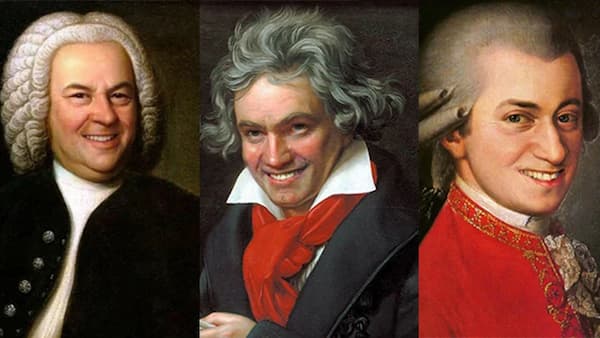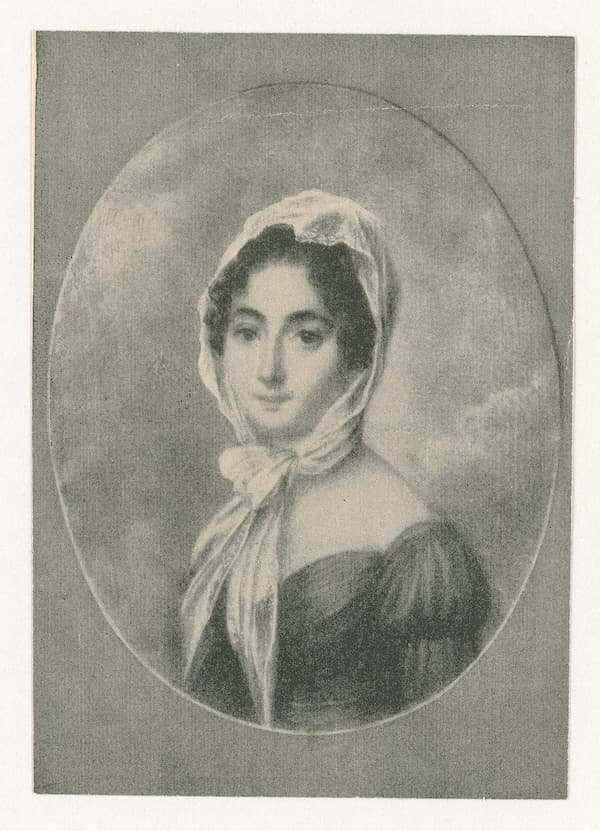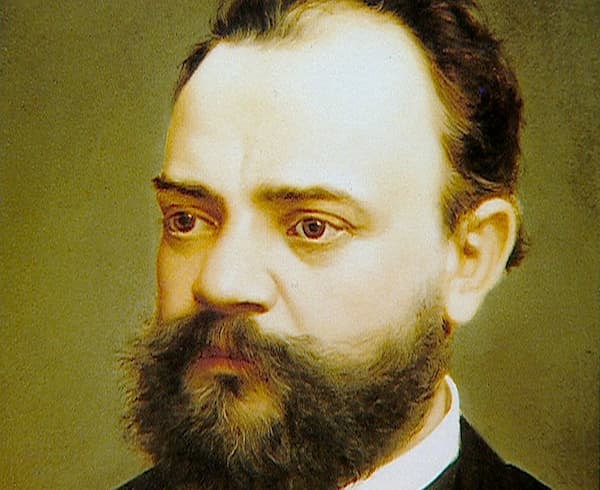It was May 7, 1824, and Vienna’s Kärntnertor Theater was about to witness history—or possibly a musical trainwreck. Beethoven, profoundly deaf, took the stage for the premiere of his Symphony No. 9 in D minor. The night would turn out
Blogs
If you love classical music, there is a classical music stream out there for you! Today, we’re looking at six options: five that originated as radio stations (although some have evolved far beyond basic over-the-air broadcasting) and one that began
On the first Sunday in May, we celebrate World Laughter Day. It all started in a park in Mumbai in 1998 when Dr. Madan Kataria gathered hundreds of people in a laughter yoga movement. It started with some fake-laughing until
You might think showing up to a concert on time with your instrument, the music, and wearing black garb seems like it would be enough. But it isn’t. Unexpected issues can occur, and you’d be wise to be prepared for
Who was Beethoven’s Immortal Beloved, the woman who inspired a passionate, unsent love letter written in the summer of 1812? Her identity is a question that has preoccupied historians and music lovers for generations. One of the most likely candidates
The tuba is the heavyweight champion of the brass family. With a bell big enough to double as a satellite dish and a sound that could wake a hibernating bear, this glorious instrument is the musical equivalent of a foghorn
Strum it, pluck it, or just hug it like a tiny guitar with big dreams. I am talking about the ukulele, a pint-sized hero among the instruments that is ready to steal your heart with its plinky charm. It all
The great Czech composer Antonín Dvořák is not really known for his piano music. Standing in the shadows of such masters as Schumann and Brahms, Dvořák’s piano music is nevertheless a significant part of his oeuvre. His solo piano compositions








